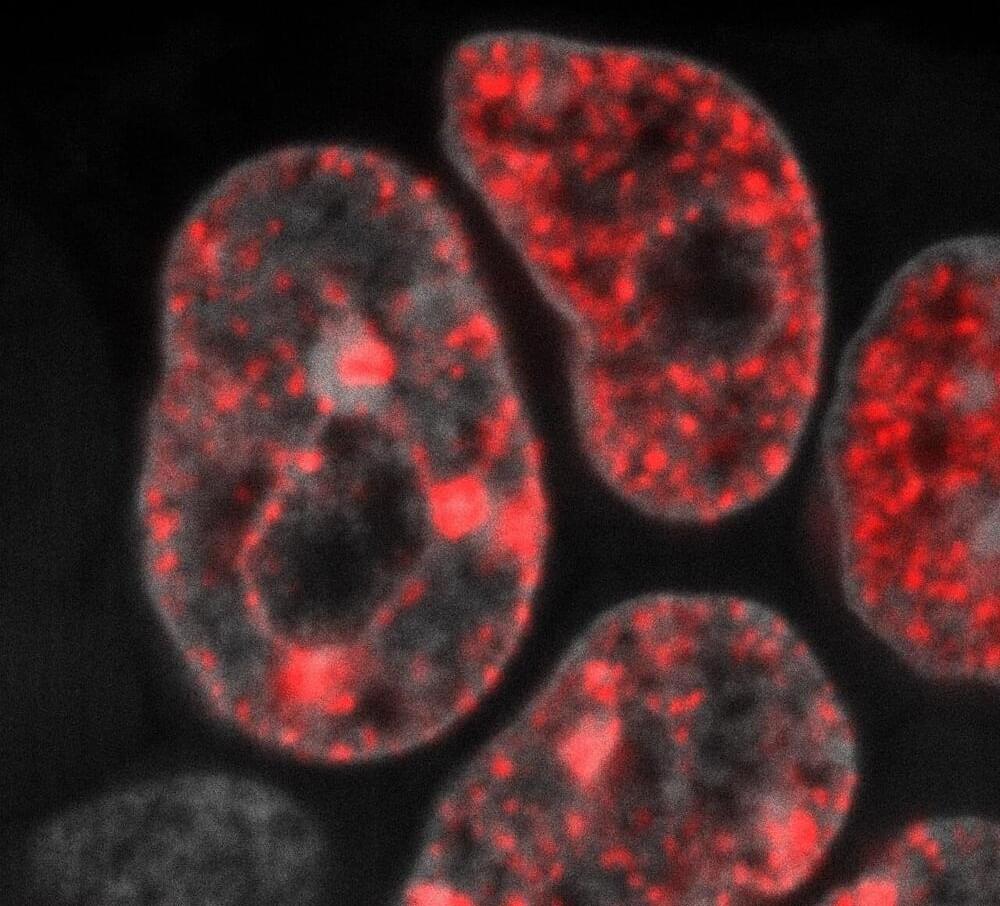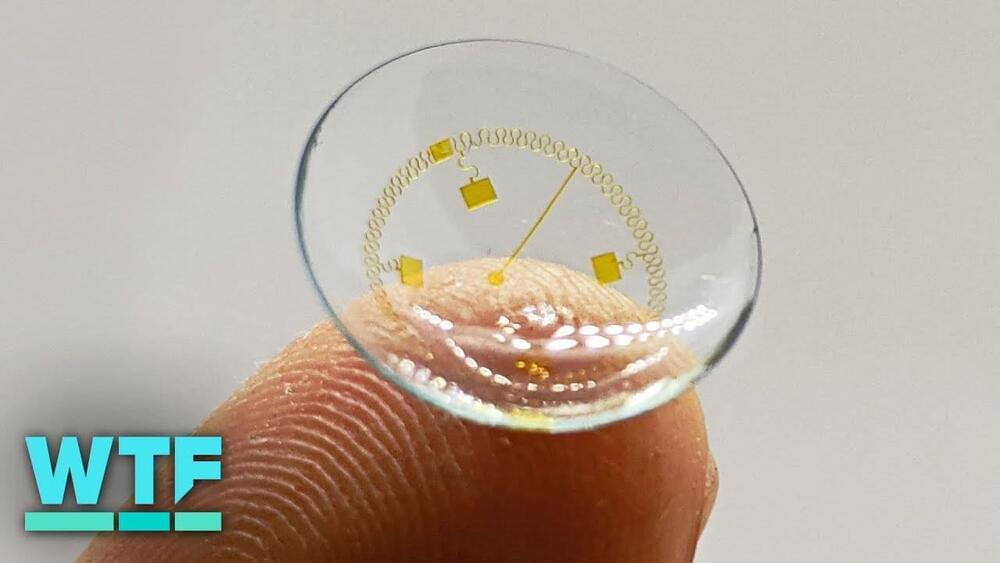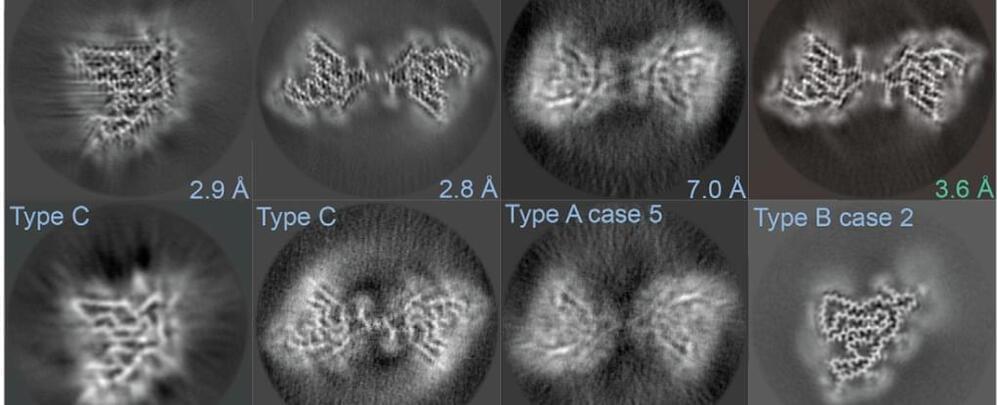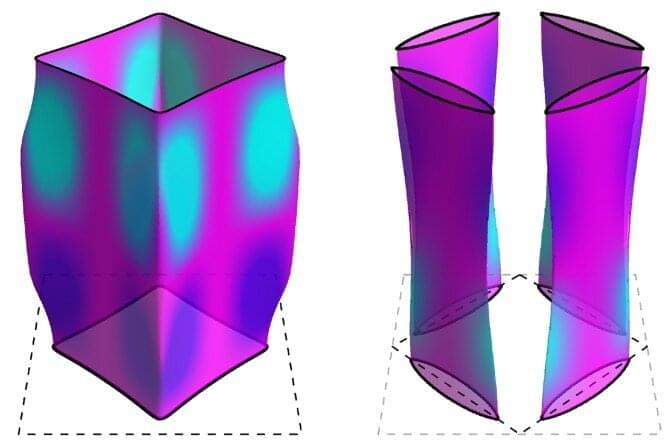Mar 11, 2022
A DNA “Oracle” for Predicting the Future Evolution of Gene Regulation
Posted by Quinn Sena in categories: biotech/medical, evolution, genetics, mathematics
Researchers created a mathematical framework to examine the genome and detect signatures of natural selection, deciphering the evolutionary past and future of non-coding DNA.
Despite the sheer number of genes that each human cell contains, these so-called “coding” DNA sequences comprise just 1% of our entire genome. The remaining 99% is made up of “non-coding” DNA — which, unlike coding DNA, does not carry the instructions to build proteins.
One vital function of this non-coding DNA, also called “regulatory” DNA, is to help turn genes on and off, controlling how much (if any) of a protein is made. Over time, as cells replicate their DNA to grow and divide, mutations often crop up in these non-coding regions — sometimes tweaking their function and changing the way they control gene expression. Many of these mutations are trivial, and some are even beneficial. Occasionally, though, they can be associated with increased risk of common diseases, such as type 2 diabetes, or more life-threatening ones, including cancer.


















